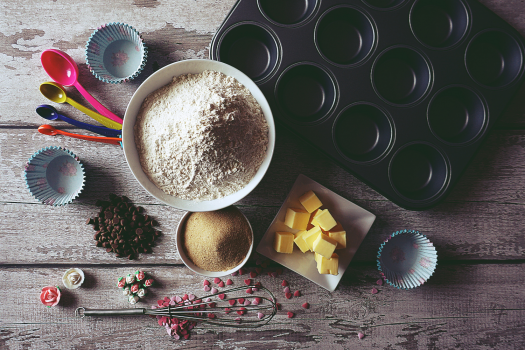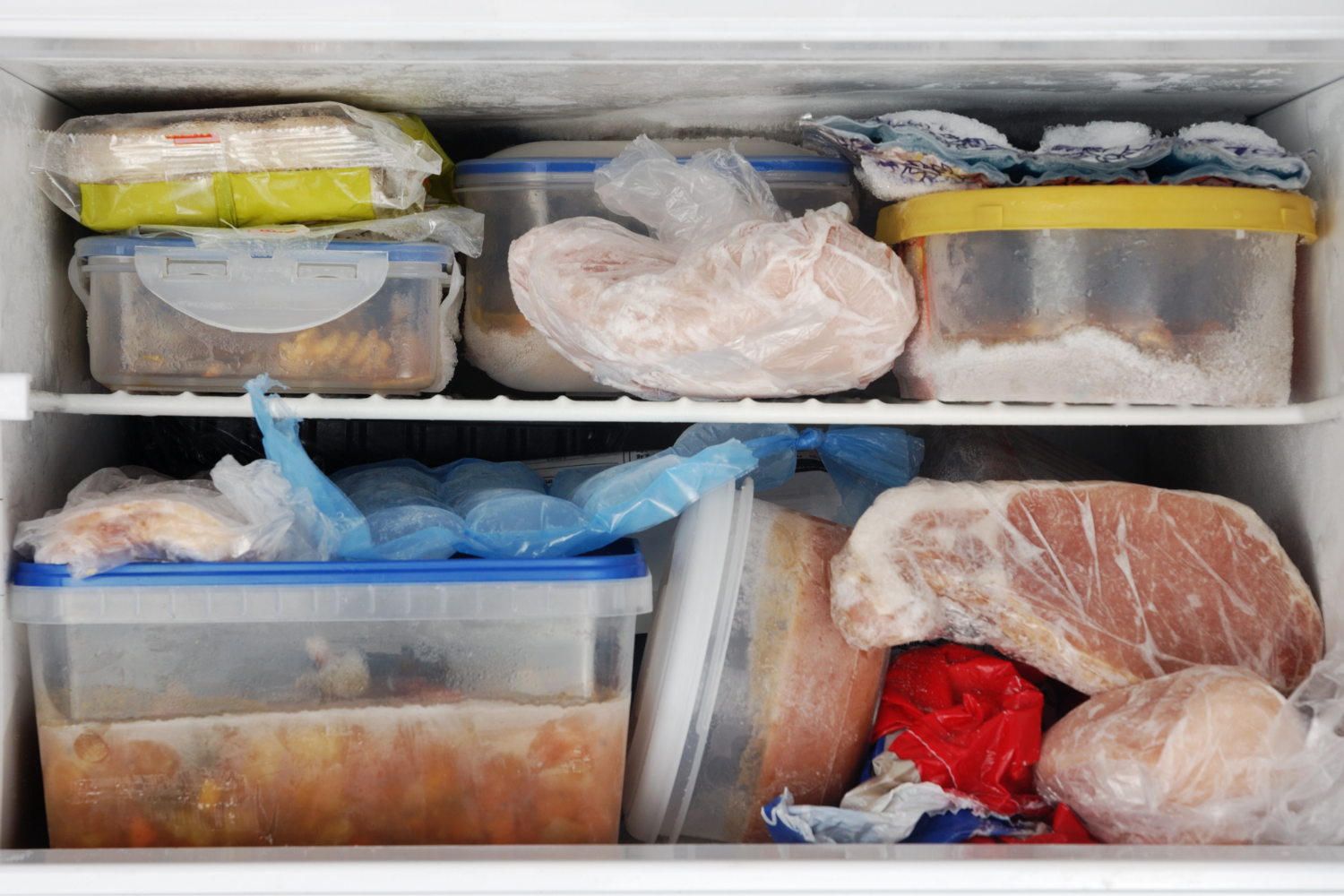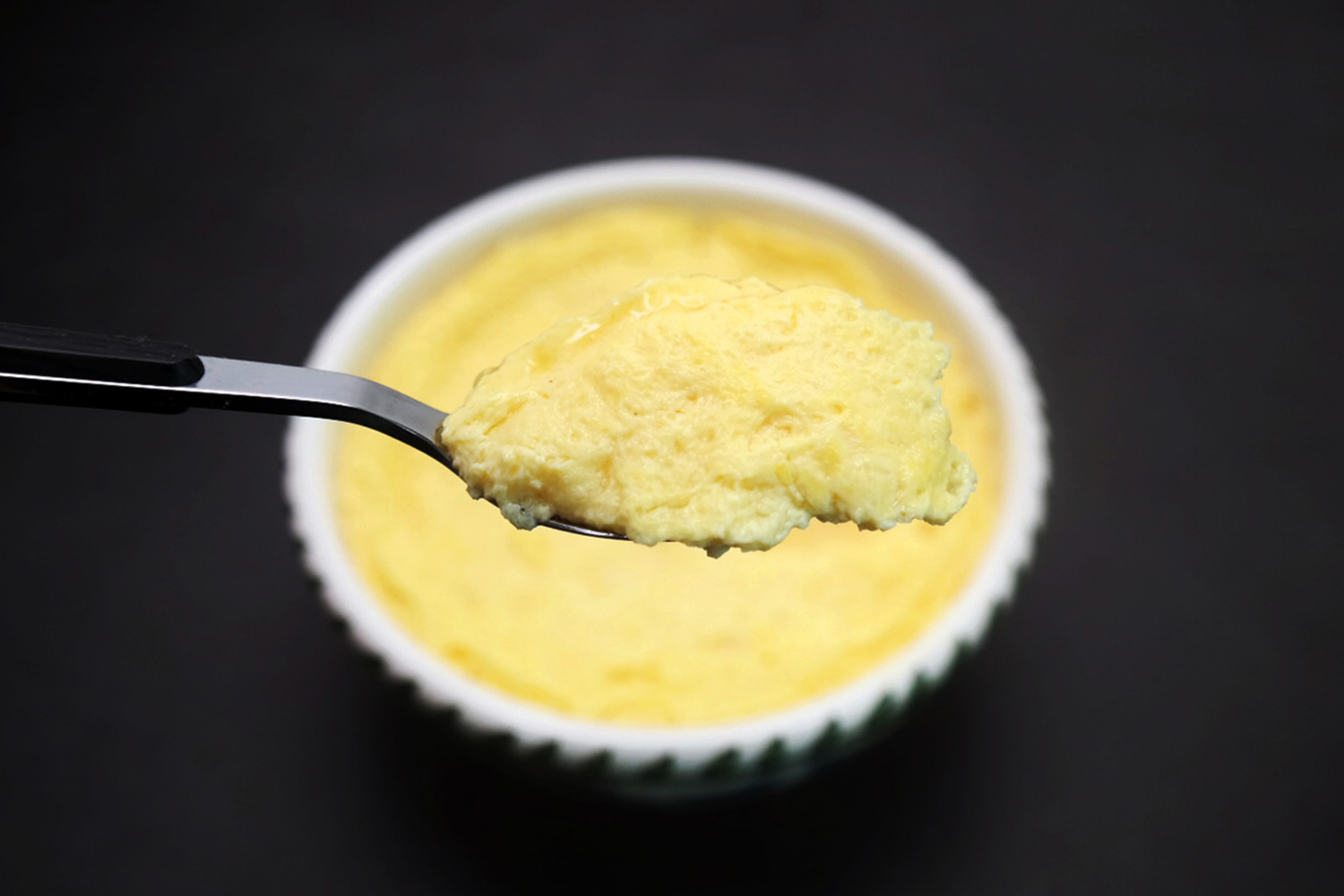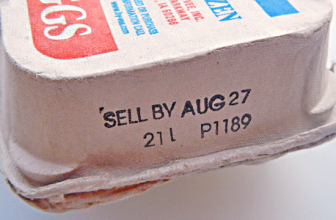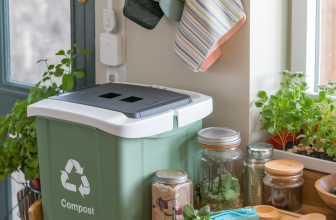Refined white sugar is one of the worst enemies of the human body. Not only does it harm the coveted slim figure, sugar raises risks of illness as it suppresses one's immune system.
According to an MSNBC report, the average American adult consumes 22 tsp of sugar each day, when they should only be taking in no more than 6. Many people do not realize how much sugar they eat because one, it exists in many more foods than deserts, and two, it comes in many forms: mainly glucose, fructose, sucrose. Refined or simple sugars are found in most processed foods, even whole wheat bread, and whole-grain cereal. This is why it is vital to read the ingredient lists and not just trust the large marketing labels on the front of a product.
Make it from scratch.
Getting rid of refined sugar does not mean saying goodbye to sweets. The body still requires carbohydrates—sugars—in order to function properly, and most people need sweets for the sake of sanity. Baking goodies at home is the best way to satisfy these two needs.
Sugar Substitutes
There are many healthy sweeteners that taste just as good as refined sugar, sometimes better, and all are available at most grocery stores.
1. Organic Sugar in-the-raw
Sugar is safest in its most natural state. Because it has not been processed, the body does not struggle to break it down. However, even natural sugar can be harmful, so don’t over-do it.

2. Stevia
This is a very popular sweetener for weight-conscience people because it has 0 calories. Unlike dangerous, chemical-infused sweeteners like Splenda and aspartame, stevia is all-natural. It is slightly bitter compared to sugar, but the difference is hardly noticeable in baked goods.

3. Agave Nectar
Derived from the Blue Agave plant in Mexico, agave nectar is a natural sweetener that has a low glycemic index, meaning it takes a long time for the body to convert this substance to sugar. Agave is much sweeter than sugar, so it should be used in smaller amounts.
Agave is a good add-in sweetener, such as in oatmeal and tea. It can also be substituted for sugar in baked goods, but as it is sweeter, it is only necessary to use 2/3 cup of agave for every 1 cup of sugar. Also, other liquid ingredients must be reduced by ¼ cup to compensate for the liquid agave.


4. Honey
Honey is very healthy as it contains multiple B vitamins and can boost the immune system. This is only true of all-natural honey, as the refining process strips honey—as with all foods—of its nutrients.
In baked goods, honey can be substituted in equal amounts for sugar up to 1 cup; beyond that, only 2/3 c of honey should be used in place of every 1 c sugar. As with agave, all other liquids should be reduced by ¼ c.
While honey is healthier than sugar, it is not much lower on the glycemic index and is still high in calories, so use it sparingly.



Conclusion
These sweeteners are the best choices for a healthier diet that still tastes good! A good rule of thumb is that everything is best in its most natural state. It is better to consume more calories of an organic substance that the body knows how to process than to eat fewer calories of a processed substance that will confuse and cause harm to the body. Natural sweeteners are always the best choice, and they’re naturally delicious!
Our Amazon finds:


